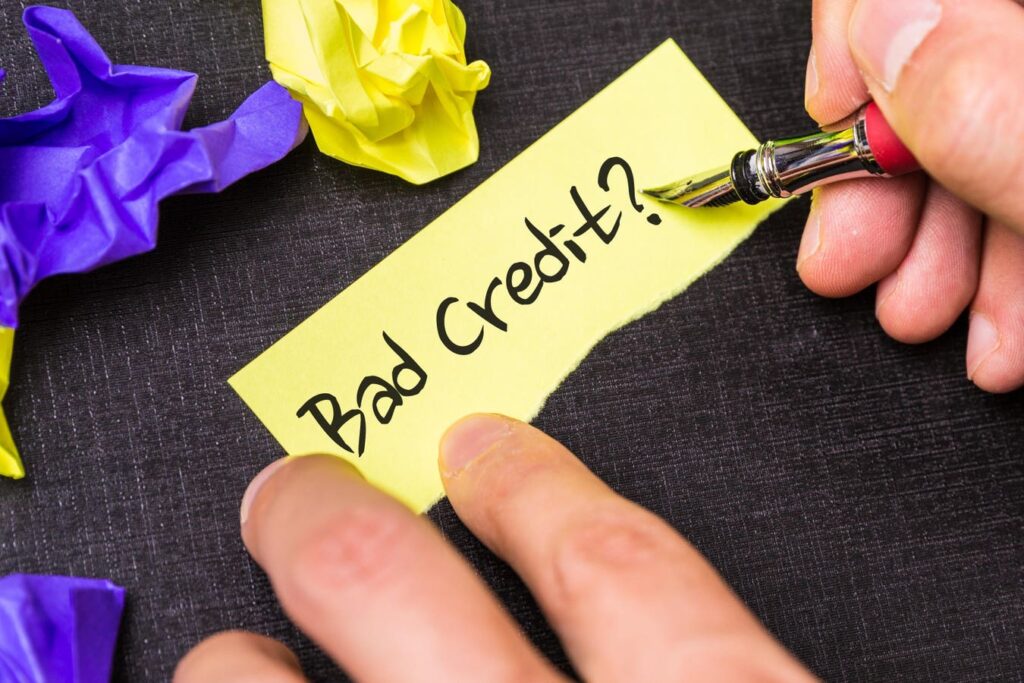Applying for a personal loan with bad credit is a significant decision that can impact your financial future. Lenders often perceive individuals with poor credit as high-risk borrowers, which results in limited options and less favorable terms, including higher interest rates. While a personal loan can offer temporary financial relief in emergencies, careful consideration and strategic planning are essential to avoid worsening one’s financial situation. Before proceeding, there are crucial questions to ask oneself to ensure a responsible and informed decision.
First and foremost, it’s important to ask, “Why do I need this loan?” Understanding the purpose of the loan is vital. If the funds are intended for urgent necessities like medical bills, car repairs, or consolidating existing high-interest debts, borrowing may be a necessary step to regain financial control. Conversely, if the loan is for non-essential purchases like vacations or luxury items, reconsidering could save you from future financial strain. Additionally, consider delaying the loan application to improve your credit score, save more money, or explore alternative funding options. A delay can lead to better financial terms and lessen the impact of debt in the long run.
Once the purpose of the loan has been established, a thorough assessment of your current financial status is crucial. Evaluating monthly income against regular expenses will determine whether adding more debt is manageable. Regular expenses, including rent, utilities, and groceries, must be taken into account alongside any existing debts. Individuals with low credit scores may already be struggling with debt, and taking on new loans could exacerbate their financial problems. A well-structured budget should allow for additional loan payments without compromising the ability to meet current obligations.
Exploring alternative solutions instead of resorting to a bad credit personal loan should be the next step. Options such as borrowing from family or friends or seeking assistance from community organizations can provide support without the burden of high-interest rates. Additionally, credit counseling services can help with managing existing debt and formulating reasonable repayment plans, possibly eliminating the need for a new loan altogether. It is imperative to experiment with all available resources to meet financial needs while avoiding high-interest debt solutions.
Understanding your credit score and its implications is another crucial aspect to consider before applying for a loan. Obtaining a free copy of your credit report from major credit bureaus and reviewing it for inaccuracies is essential. Correcting any errors can positively affect your credit score and improve loan prospects. Knowing your credit score helps set realistic expectations regarding interest rates and loan terms; usually, bad credit results in higher costs. By being informed, borrowers can better determine whether pursuing a loan is the right choice.
Before finalizing plans for a loan, calculating the total costs involved is imperative. Bad credit borrowers often face interest rates that can range significantly higher than those for individuals with good credit, leading to an increased overall cost for the borrower. A thorough review of additional fees, such as origination fees or penalties for late payments, is necessary as these can further inflate expenses. Reading and understanding the loan terms in detail will eliminate potential financial surprises that may exacerbate the initial financial problems.
Taking steps to ensure the lender is reputable helps protect yourself from predatory lending practices, which unfortunately can target those with bad credit. Scams often include hidden fees, exceptionally high-interest rates, and unfavorable terms that could lead to a cycle of unmanageable debt. Conducting due diligence by checking reviews, ratings, and verifying licensing helps ensure that the selected lender operates ethically. Transparency is critical; reputable lenders will disclose all terms and fees upfront, allowing for a more informed decision and reducing the risk of falling into financial traps.
Finally, to ensure a long-lasting positive impact on one’s financial health, assessing whether the loan aligns with long-term financial goals is essential. Consider whether taking on this debt will help move towards important goals like saving for a home, retirement, or developing an emergency fund. A personal loan used wisely, such as in debt consolidation, may allow for more manageable payments and a path toward financial stability. Nonetheless, adhering to a strict repayment plan is crucial; defaults can lead to disastrous outcomes, including further credit score damage and complicating future borrowing.
In summary, the decision to apply for a personal loan with bad credit requires careful thought, a clear understanding of one’s financial circumstances, and diligence in exploring all options. Through self-reflection on the necessity of the loan, thorough assessments of financial situations, reassessing available alternatives, and diligent research into credit scores and lenders, borrowers can make informed decisions that better serve their long-term financial health. By taking these necessary steps, it’s possible to pursue financial assistance that alleviates immediate stress without compromising future stability or wellbeing.

